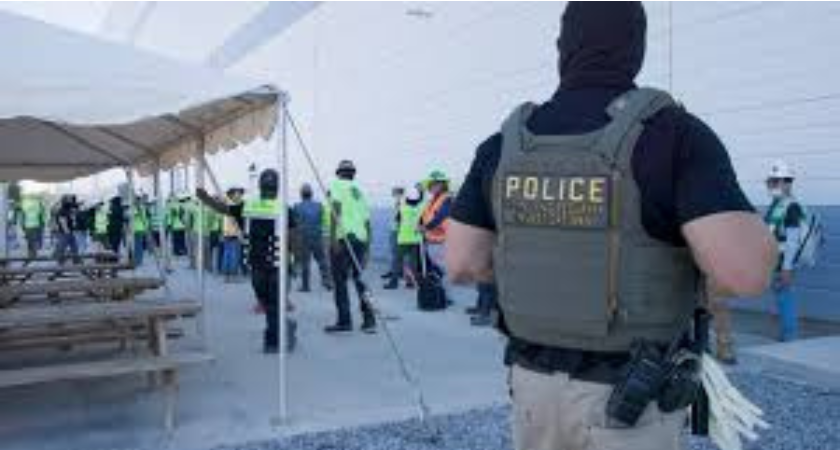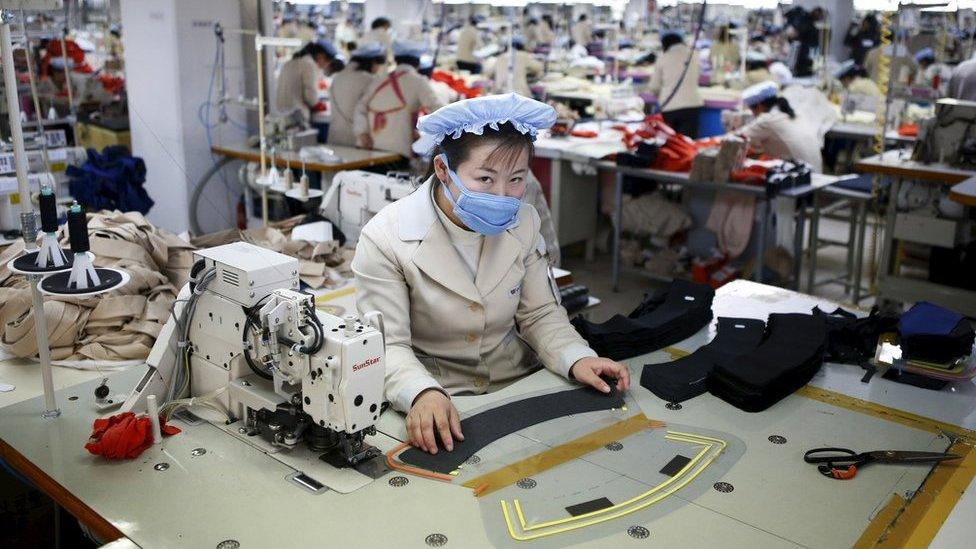
The future of one of America’s largest electric vehicle (EV) manufacturing investments was thrown into uncertainty after U.S. immigration authorities raided Hyundai Motor and LG Energy Solution’s $4.3 billion battery venture HL-GA in Ellabell, Georgia. The unprecedented action has sparked diplomatic and business concerns over whether visa restrictions could undermine billions in Korean foreign direct investment and thousands of promised American jobs.

Last week’s raid — described as the largest single-site immigration enforcement operation in U.S. history — led to the detention of 475 workers, including 317 Koreans, many of whom were specialized engineers and equipment installation experts. While 316 Korean nationals were cleared to return home on a chartered flight Friday, the incident has sent ripples across industries, governments, and labor markets on both sides of the Pacific.
Among those detained were 47 LG Energy Solution employees, along with workers from Hyundai Motor, partner companies, and subcontractors tied to Hyundai Engineering. These were not general laborers but highly trained technicians responsible for commissioning advanced production lines for EV battery cells.
Korean companies stressed that such expertise is essential to replicate Korean-grade production quality in U.S. facilities within the tight deadlines set by U.S. tax credit legislation.
Some detained employees held B-1 and B-2 visas, which allow short-term business activities such as equipment installation and training. Others entered via the ESTA program, typically reserved for tourism or short-term visits.
Visa flexibility, tolerated under the Biden administration as Korean firms poured billions into U.S. manufacturing, sharply narrowed after Donald Trump’s 2024 election victory. Immigration attorneys noted that E-2 investor visas, once widely approved for Korean technical experts, have faced steep rejection rates since late 2024.
“We processed many E-2 visas, and until the first half of 2024, approvals were generally successful, with an approval rate exceeding 95 percent. But since the second half of 2024, almost all applications -- except for 1 or 2 in every 10 -- have been denied,” said Son Jeong-kueon, lead attorney at U.S. Immigration Corp. in Seoul.
Son added that U.S. authorities appear particularly wary of “technological engineers” from subcontractors, citing compliance concerns. “Although E-2 visa holders must be paid by their U.S. entities, many could have received salaries from Korea, violating the visa requirements,” he said.
.jpeg)
Industry officials argue that American workers are already heavily involved in construction but lack the specialized knowledge to set up battery manufacturing lines.
“Sourcing U.S. workers to handle the entire line setup phase would be unreasonable because relying on a less-skilled local workforce risks failing to meet the quality standards of LG Energy Solution and other Korean companies,” said one industry official. “Is this affecting American hiring? No. Local workers are extensively involved in all other construction tasks. Successfully building a quality joint venture battery plant is key to long-term local employment.”
The HL-GA plant is expected to create 8,500 jobs by 2031 and generate an estimated 40,000 direct and indirect jobs when combined with Hyundai’s nearby EV facility — making it one of Georgia’s largest-ever economic development projects.
Construction at the plant is currently halted with no clear restart date. According to McKinsey & Co., a 50 GWh battery facility risks losing $4 million a day if operations stop.
The raid’s fallout has also raised alarms in Seoul, where officials confirmed that Korea and the U.S. will form a working group to explore a new visa category for technical experts.
“There must be greater fidelity between large Korean conglomerates and their vendors and subcontractors for immigration compliance across multitiered construction and commissioning networks,” said Arius Derr, director of communications at the Korea Economic Institute of America.
Derr urged Washington to consider a country-specific, high-skill visa channel for Korea, similar to existing arrangements with Singapore and Chile. “If Washington wants the facilities, the jobs and the strategic insulation that comes with Korean (foreign direct investments), it will need to align entry and exit mechanics with the industrial strategy it has chosen,” he said.
While Korea’s shipbuilding ventures in the U.S., such as Hanwha’s acquisition of Philly Shipyard, are unlikely to face the same challenges, analysts warn that ongoing visa friction could slow future Korean investment in America’s clean energy and advanced manufacturing goals.
Meanwhile, Japanese and German automakers, who established U.S. plants decades earlier, appear less exposed. Their strategy of expanding existing sites rather than building new multibillion-dollar facilities means fewer visa issues.
For now, the visa standoff has cast uncertainty over America’s clean energy buildout — pitting immigration enforcement against the Biden-era industrial policy momentum that lured Korean giants to U.S. soil.
Originally reported by Kan Hyeong-woo, Byun Hye-jin, Lim Jae-seong in Korea Herald.